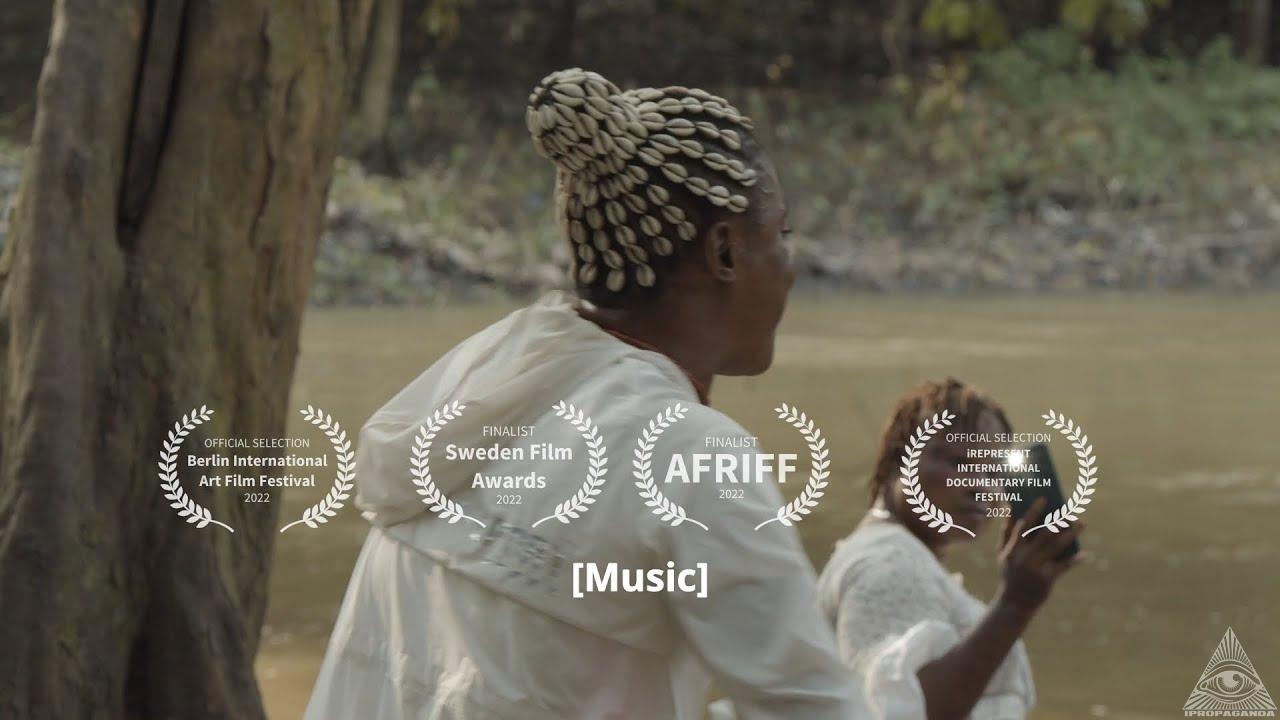
AFTERLIFE: How Colonization Reshaped Nigeria’s Spiritual and Cultural Identity
A question that won’t die
In many Nigerian communities, elders’ spiritual practices have long been dismissed with labels like “pagan,” “fetish,” or “witchcraft.” That framing did not arise naturally; it was part of a colonial strategy that replaced names, silenced drums, restricted ceremonies, and prioritized English over local languages. When a society is taught that its past is evil, memory itself becomes precarious. What knowledge disappears when ceremonies, chants, and languages—living containers of history—are pushed to the margins?
This article traces the path from pre-colonial cosmologies to colonial unmaking—and then to a fragile revival gathering momentum today.
Before the missionaries: a dense spiritual ecology
Prior to British rule, the region contained layered religious worlds. Among the Yoruba, the Ifá system organized wisdom through a vast oral canon (the Odù Ifá) and divination performed by trained priests. In the southeast, Igbo communities practiced Odinani; in the Niger Delta, Ijo and Urhobo traditions thrived. Islam had deep roots in the north centuries before European conquest, shaping political life in Hausaland and the Sokoto Caliphate.
Ifá’s place was not marginal folklore; it functioned as a knowledge technology—an oral library, a jurisprudence, and a decision-making tool. In 2008, UNESCO recognized the Ifá divination system as Intangible Cultural Heritage, highlighting both its literary corpus and ritual method.
The colonial playbook: erase, replace, reprogram
Imperial power arrived with soldiers, administrators, and missionaries. In February 1897, a British punitive expedition burned Benin City, looted palaces and shrines, and exported thousands of sacred bronzes and ivories to Europe. That episode made plain who now claimed the right to define “art,” “religion,” and “civilization.” Recent repatriations—including 2025 handovers—underscore that cultural theft was not incidental; it was structural.
Mission schools then set the terms of advancement. English became the passport to “modernity,” not simply a subject but the gateway to higher education. Even where policy nods to mother-tongue instruction in early years, English still dominates selection exams and classroom practice. The result was not only a shift in language but a shift in values: knowing Shakespeare could count for more than mastering proverb, chant, or drum language.
Demonization and the politics of belonging
Legal texts promise freedom of religion, but lived reality varies. Northern states that adopted Islamic penal codes from 1999 to 2001 continue to host blasphemy controversies, while periodic conflicts around masquerade seasons or processions flare in southern cities. The law may guarantee neutrality; social life often does not. Within families, the stakes can be intimate: a child in white cloth and beads may be treated as “occult,” while grandparents’ rituals are kept out of sight to avoid stigma.
The body remembers: rhythm, trance, and shared techniques of the sacred
Despite repression, embodied practices endure. In Yoruba worship, music and dance transform the body into a vessel. Bàtá drumming—whose tones carry a coded language—can summon particular Òrìṣà such as Ṣàngó, until the initiate moves, speaks, and even sounds like the deity’s qualities. This is learned craft, guarded by initiates and refined over generations.
Comparable techniques appear across traditions: Sufi orders seek ecstasy through rhythmic dhikr and whirling; Pentecostal services often pursue glossolalia and spirit possession. The theologies differ; the methods of transcendence can look strikingly alike.
Survival, syncretism, return
Where colonization tried to suppress indigenous practice, the slave trade dispersed it. Yoruba-rooted religions adapted across the Atlantic—Santería in Cuba, Candomblé in Brazil, and related traditions throughout the Americas. In the 21st century, popular culture and scholarship have made their symbols speak again in public life. At home, several southwestern states now mark Ìṣẹ̀ṣe Day each year (observed on August 20 in some states) to honor Yoruba traditional worship and heritage—an official signal that indigenous faiths belong in the public square.
Within Ifá itself, debates continue. Historical evidence for women’s initiation (ìyánífá) in parts of Yorubaland and in the diaspora complicates stereotypes and shows how varied the tradition has always been.
What extinction would cost
Indigenous religions are libraries. Losing them would not only erase belief but also medicinal knowledge, environmental ethics, conflict-resolution practices, poetics, and language. UNESCO’s treatment of Ifá as intangible heritage correctly frames it as an oral archive. When stigma thins the ranks of drummers, diviners, chanters, carvers, and fluent speakers, a civilization’s memory begins to fade—even if its artifacts return from European museums.
A way forward: pluralism without amnesia
This is not an argument for abolishing Islam or Christianity in Nigeria; both are now deeply rooted. The question is whether “modern” must continue to mean “amputated”—from language, ancestors, and place. Paths forward include:
- Dignifying indigenous knowledge: treat Ifá verses, masquerade canons, herbal pharmacopoeias, and drum languages as intellectual property and research fields, not curios.
- Rebalancing the syllabus: expand high-status pathways through local languages and literatures; apply existing mother-tongue policies in practice, not just on paper.
- Normalizing coexistence: build local protocols where mosques, churches, and traditional shrines coordinate festival routes, sound levels, and dates with shared respect for constitutional rights.
Conclusion
Colonization did not only seize land; it rewired self-belief. That legacy explains why a student’s beads can scandalize a lecture hall and why a grandmother’s proverb can still be judged “less educated” than a foreign quote. Yet the drums continue to speak, repatriated bronzes are coming home, calendars are making space for Ìṣẹ̀ṣe Day, and the verses of Ifá still travel mouth-to-mouth and body-to-body—toward futures in which Nigerian modernity no longer requires forgetting in order to live.
